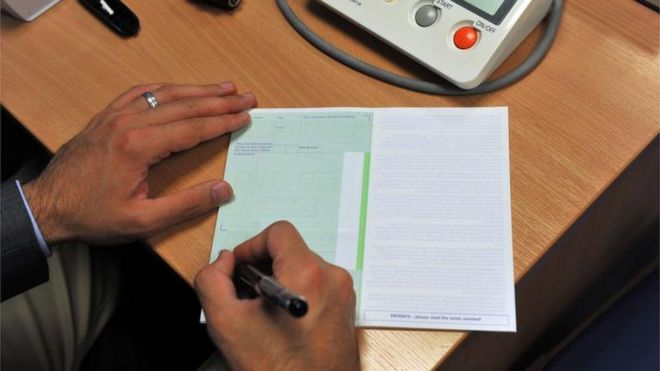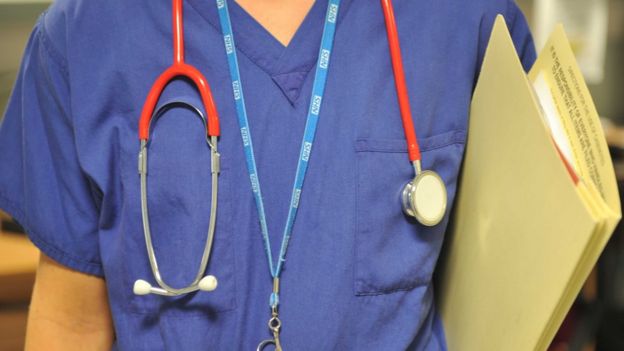 |
| who are the bma |
Two leading health unions are calling on the home secretary to make the NHS exempt from a new charge which will be payable on overseas doctors and nurses.
The British Medical Association and the Royal College of Nursing say the Immigration Skills Charge, coming into effect in April, threatens NHS budgets.
It will mean the NHS must pay £1,000 per year for any worker coming to the UK from outside the European Union.
The government has said it is committed to building home-grown skills.
Nurses remain on an official list of occupations of which the UK has a shortage.
Recruitment drive
The unions have written to Home Secretary Amber Rudd, saying they are "deeply concerned" about the effects of the new charge.
They fear current staffing problems could be made worse when the Immigration Skills Charge begins.
In the letter, seen by the BBC, the unions say the government has suggested funds raised from the charge would be reinvested back into the UK health system. But the unions say they have been given "no guarantees".
The £1,000 charge for workers on Tier 2 visas, payable upfront, will add a significant amount to the bill for any hospital planning an overseas recruitment drive.
An example given on the BMA website says that if a hospital wanted to employ a doctor on a Tier 2 visa for five years, the hospital trust would need to pay £5,000 upfront when applying to UK Visas and Immigration for a certificate of sponsorship.

The unions say diverting funding away from frontline budgets "cannot be appropriate" and they want health and social care staff to be exempt from the charge.
The charge is aimed at cutting down on the number of businesses taking on migrant workers and incentivising the training of British people to fill those jobs.
However, the unions have said the NHS will continue to be reliant on doctors from the EU and overseas because of the length of time it takes to train a senior doctor.
They added that there were limited places at UK medical schools and on nursing degree courses to build the workforce that the government wants.
But the government insists the charge would help to encourage investment in training.
There is a reduced rate of £364 per worker for "small and charitable" sponsors.
It will also not apply to those in PhD-level jobs and international students switching from student visas to working visas.
The unions said it would be "unfair" to penalise employers for recruiting people on Tier 2 visas when checks are already in place to make sure jobs are offered to UK and EU nationals first.